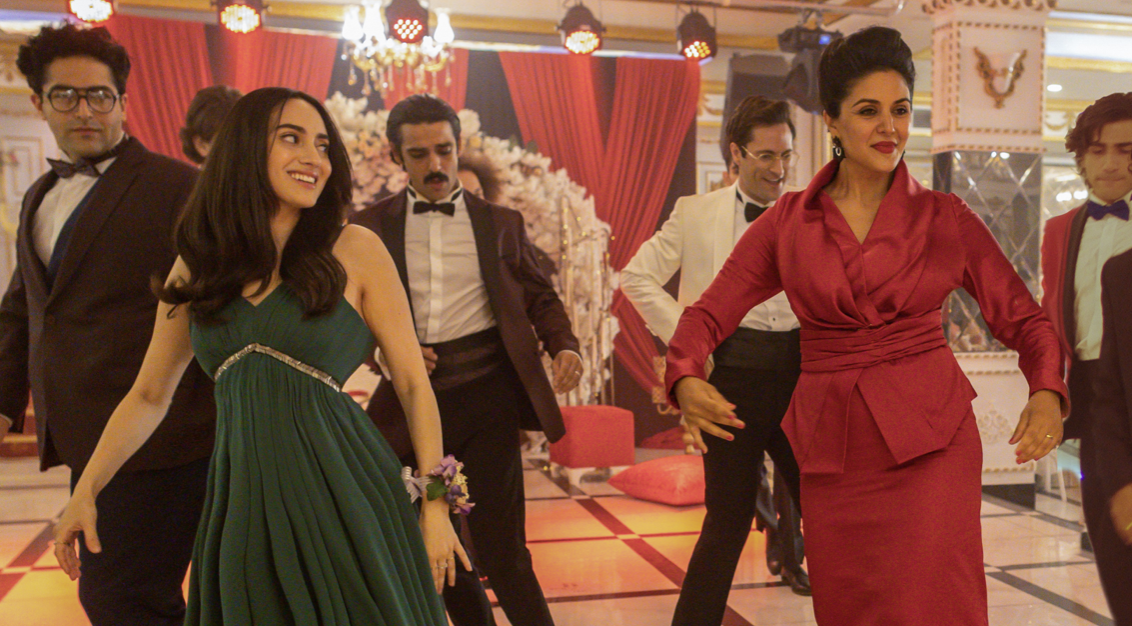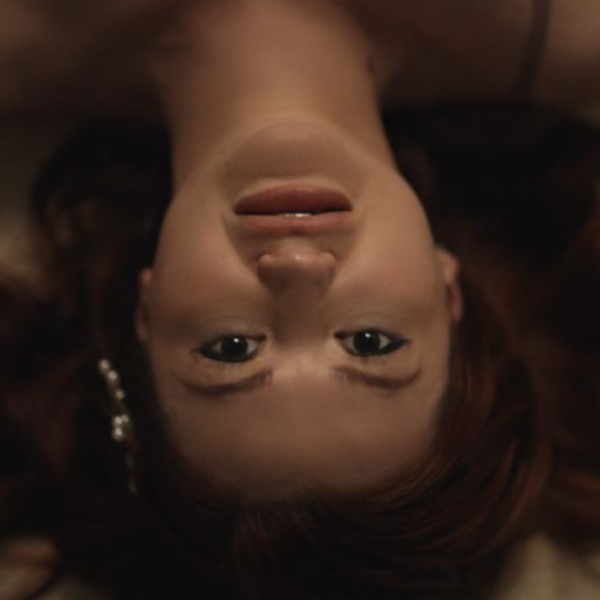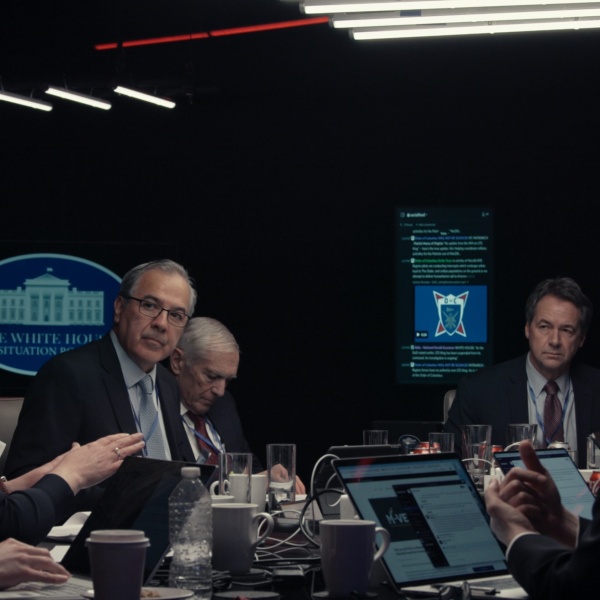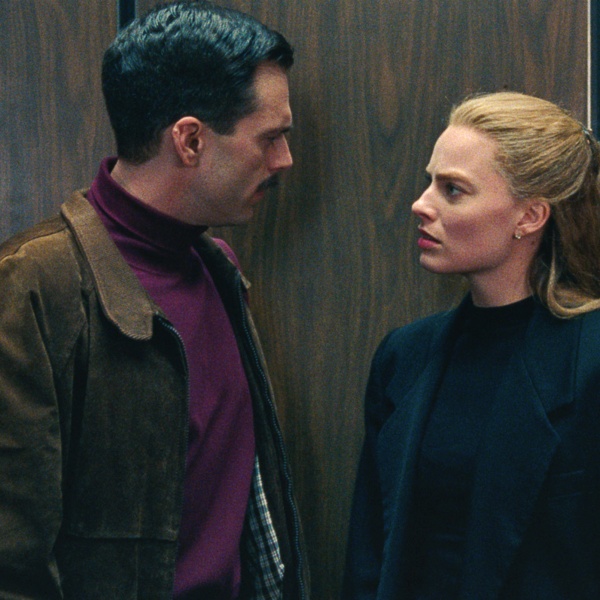“The Persian Version,” in line with “My Big Fat Greek Wedding” and “Moonstruck,” sets out to capture the conflicting cultures of being a first-generation American, especially through the perspective of a coming-of-age story. And while the Sundance Award-winning film has a certain early 2000s charm to it, it tries to do too much too fast in terms of educating audiences about Iranian politics through the personal history of rising matriarch (yet current angsty outsider) Leila (Layla Mohammadi).
The “sort of” true story opens with Leila donning a burqa over a bikini (a “burq-ini”), hooking up with a “Hedwig and the Angry Inch” Broadway performer (Tom Byrne), and breaking the fourth wall to explain just how complicated her life as a queer Iranian-American woman is. It’s the kind of “Fleabag” commentary that feels too trendy and too convenient for a film with this amount of tonal shifts, zinging between Leila’s sarcasm and her explaining how the Iran Contra affair affected her upbringing.
“The Persian Version” almost begs to be a series instead, with the film saying so much without delving deeper; it flies between narrating the difference between Islamic religious sects and dictionary definitions of slang terms. As Leila says, her two cultures of being Iranian and American (and growing up between divorced parents in both countries) was at a time where the two nations don’t just “hate each other, they were at war.” A young Leila in one of the many time jumps smuggles in pop CDs to Iran in her underwear, and a dance sequence to Cyndi Lauper’s “Girls Just Wanna Have Fun” erupts in a dream-like sequence emphasizing the joy and relatability of her family members.
And “The Persian Version” is certainly relatable: The film, written and directed by Maryam Keshavarz, has the buoyancy of a CW show, which is to say it’s accessible and audience-pleasing, while not necessarily a highbrow statement of something new. Its pacing and script feel more like a TV series, and actress Mohammadi has the same charisma as a series leading lady that we want to see more of, week to week.
Mohammadi’s character Leila is a wannabe screenwriter and that aforementioned one night stand hook up changes her life forever after she realizes she’s pregnant. But she’s a lesbian! Lesbians can’t get pregnant! Which is a literal joke in the film, if that says enough of the tone here. Leila’s grandma scolds her for forgetting to “only use the back door” because apparently anal sex is relatable and fun at the dinner table and isn’t Leila’s family just like ours, or how we aspire for ours to be?
Leila’s journey into motherhood, which is the driving force of the film despite not being included in its official synopsis, shows the generational trauma of childbirth from Iran to America across Leila’s family’s own mothers and daughters over time. Leila bonds with her mother Shireen (Niousha Noor) and recalls helping her learn English after moving to the U.S. “The Persian Version” is an important story, just one that tries too hard to be easy to digest while still attempting to pack the entirety of two cultures, one family, and a half-century of politics into an upbeat quippy film.
And yet “The Persian Version” has been beloved: The film won the 2023 Sundance Film Festival U.S. Dramatic Competition Audience Award and The Waldo Salt Screenwriting Award. It is a fun time, just one that doesn’t need so many versions packed into it.
Rating: C+
“The Persian Version” opens in Los Angeles and New York on Friday, October 20 from Sony Pictures Classics, followed by a wide release on Friday, November 3.







